
What are Altcoins? - The Ultimate Guide for Beginners

In the world of cryptocurrencies, altcoins have emerged as a popular alternative to Bitcoin. While Bitcoin remains the most well-known cryptocurrency, altcoins offer a diverse range of digital assets with unique features and functionalities.
This comprehensive beginner's guide aims to provide you with a clear understanding of what altcoins are, their purpose, and how they differ from Bitcoin.
What are Altcoins?
Altcoins, short for "alternative coins," refer to all cryptocurrencies other than Bitcoin. While Bitcoin paved the way for the development of digital currencies, altcoins have gained momentum in recent years.
Altcoins are built on various blockchain technologies and aim to address different use cases, ranging from decentralized finance (DeFi) to smart contracts and privacy features.
Types of Altcoins
Here is the list of different types of altcoins, their features, and their impact on the crypto ecosystem.
Stablecoins - Stablecoins are a type of altcoin that aim to maintain a stable value by pegging their price to an external asset such as fiat currency or commodities.
These cryptocurrencies provide stability in the volatile crypto market, making them suitable for various purposes such as remittances, decentralized finance (DeFi) transactions, and as a hedge against market volatility.
Privacy Coins - Privacy coins prioritize user anonymity and transaction privacy. They utilize advanced cryptographic techniques to conceal transaction details and protect the identities of the participants involved.
Privacy coins offer enhanced privacy features compared to other cryptocurrencies, allowing users to have greater control over their financial information.
Utility Tokens - Utility tokens are a type of altcoin that serve a specific purpose within a blockchain ecosystem. They are typically used to access or pay for services within a decentralized platform.
Utility tokens can represent ownership rights, access rights, or provide discounts and incentives to users within the network.
Security Tokens - Security tokens are digital assets that represent ownership or investment in a real-world asset, such as shares in a company, real estate, or commodities.
These tokens are subject to regulatory compliance and offer investors the benefits of traditional securities while leveraging blockchain technology for enhanced transparency, liquidity, and efficiency.
Exchange Tokens - Exchange tokens, also known as native tokens, are the primary currency within a particular blockchain or decentralized exchange.
They facilitate transactions, pay for transaction fees, and serve as a means of value transfer within the ecosystem. Exchange tokens often have additional functionalities within the platform, such as voting rights or governance participation.
Governance Tokens - Governance tokens grant holders the right to participate in the decision-making processes of a decentralized platform or protocol.
These tokens enable holders to vote on proposals, make suggestions, or influence the development and direction of the project. Governance tokens play a vital role in decentralized governance models, ensuring community-driven decision-making.
Gaming Tokens - Gaming tokens are designed specifically for the gaming industry. These tokens enable in-game purchases, rewards, and other interactions within gaming ecosystems.
By utilizing blockchain technology, gaming tokens provide players with true ownership of in-game assets and enable peer-to-peer trading of virtual items.
NFT-Backed Tokens - NFT-backed tokens represent non-fungible tokens that are backed by another cryptocurrency or token.
These tokens combine the unique properties of NFTs with the benefits of other cryptocurrencies, allowing for increased liquidity and tradability of non-fungible assets.
Energy-Efficient Coins - Energy-efficient coins address the environmental concerns associated with traditional proof-of-work (PoW) cryptocurrencies like Bitcoin.
These altcoins utilize alternative consensus mechanisms, such as proof-of-stake (PoS) or delegated proof-of-stake (DPoS), which require significantly less energy consumption while maintaining the security and integrity of the blockchain.
Proof-of-Stake Coins - Proof-of-stake coins rely on the concept of staking to secure the network and validate transactions. Validators are chosen based on the number of coins they hold and are willing to "stake" as collateral.
This consensus mechanism offers energy efficiency, scalability, and reduced centralization concerns compared to proof-of-work systems.
Proof-of-Work Coins - Proof-of-work coins, like Bitcoin, secure their networks through miners who solve complex mathematical puzzles to validate transactions.
This mechanism requires substantial computational power and energy consumption. Proof-of-work coins have been the foundation of the crypto industry and have demonstrated the potential of decentralized systems.
Forked Coins - Forked coins are altcoins that have emerged from a fork in the blockchain network. Forks occur when there is a fundamental disagreement within the community or development team, resulting in a split into two separate chains.
Forked coins can retain the existing features of the parent blockchain or introduce new functionalities.
Cross-Chain Tokens - Cross-chain tokens, or interoperable tokens, enable value transfer between different blockchain networks. These tokens facilitate cross-chain communication, allowing assets to be transferred seamlessly across multiple platforms.
Cross-chain tokens play a crucial role in bridging the gap between various blockchain ecosystems, enhancing interoperability and expanding the possibilities of decentralized applications.
List of Top Altcoins
The cryptocurrency market boasts a wide array of altcoins, each with its unique features and value propositions. Here are some of the most popular altcoins:
1 Ethereum (ETH) - Ethereum is a decentralized platform that enables the creation of smart contracts and DApps. It introduced the concept of programmable blockchain, allowing developers to build applications on its network.
2 Ripple (XRP) - Ripple is both a digital payment protocol and a cryptocurrency. It aims to facilitate fast, low-cost international money transfers and has gained significant traction among financial institutions.
3 Litecoin (LTC) - Litecoin, often referred to as the silver to Bitcoin's gold, was created to provide faster transaction confirmations and a more efficient mining process. It shares many similarities with Bitcoin but with a few notable differences.
4 Cardano (ADA) - Cardano is a blockchain platform that focuses on security, sustainability, and scalability. It aims to provide a framework for the development of decentralized applications and smart contracts.
These are just a few examples of the vast number of altcoins available in the market. Each altcoin has its unique features, community, and use case, making the cryptocurrency landscape diverse and dynamic.
Advantages and Disadvantages
Here are the advantages and disadvantages of altcoins:
Advantages of Altcoins
Diversification Opportunities
Altcoins provide investors with the chance to diversify their cryptocurrency portfolio. By investing in different projects, technologies, and use cases, one can mitigate risks and capitalize on emerging trends.
Technological Progress:
Altcoins often introduce groundbreaking technological advancements in the realm of digital currencies. Ethereum, for example, pioneered smart contracts, revolutionizing industries like finance and supply chain management.
Potential for Lucrative Returns:
Early investment in altcoins offers the potential for substantial returns over time. However, it is important to conduct thorough research and exercise caution due to the associated risks and potential for fraudulent projects.
Enhanced Privacy and Security:
Certain altcoins prioritize privacy and security through advanced cryptographic techniques. Users can enjoy increased anonymity and confidentiality during transactions, providing an alternative to traditional financial systems.
Disadvantages of Altcoins
Volatility and Market Uncertainty:
Altcoins are known for their inherent volatility, resulting in significant price fluctuations within short periods. While this volatility presents opportunities for gains, it also carries higher risks of losses.
Limited Acceptance and Adoption:
Altcoins generally face lower levels of acceptance and adoption compared to Bitcoin. Bitcoin's widespread recognition and dominance make it the preferred cryptocurrency for most users and businesses.
Potential for Scams and Fraud:
The proliferation of altcoins has led to numerous scams and fraudulent projects. Caution and thorough research are necessary to avoid falling victim to scams, such as pump-and-dump schemes or fake ICOs.
Regulatory and Legal Uncertainty:
Altcoins often operate in a regulatory gray area, with undefined legal statuses. Changes in regulations or crackdowns on cryptocurrency-related activities can significantly impact the value and viability of altcoins.
Bitcoin vs Altcoin
Although altcoins share similarities with Bitcoin, they have distinct characteristics that set them apart. Bitcoin was the first decentralized digital currency, introduced by an anonymous individual or group known as Satoshi Nakamoto.
It operates on the Bitcoin blockchain and focuses primarily on peer-to-peer transactions and the store of value.
On the other hand, altcoins have diverse features and functionalities. Some altcoins, like Ethereum, enable the creation of decentralized applications (DApps) and smart contracts.
Others, such as Litecoin and Bitcoin Cash, prioritize faster transaction speeds and lower fees. Altcoins often aim to improve upon Bitcoin's limitations and explore new possibilities in the crypto space.
Should you consider investing in Altcoins?
Investing in altcoins can be an exciting opportunity for individuals looking to diversify their investment portfolios. However, it's essential to approach altcoin investments with caution and conduct thorough research. Here are a few key points to consider before investing in altcoins:
Conduct research: Understand the altcoin's technology, team, roadmap, and potential use cases. Look for reputable sources of information and evaluate the project's viability.
Risk assessment: Assess the risks associated with the altcoin investment. Consider factors such as market volatility, regulatory challenges, and potential security vulnerabilities.
Diversification: Spread your investments across different altcoins to minimize risk. Investing in a diverse range of projects can increase your chances of finding successful investments.
Set a budget: Determine the amount of money you are willing to invest in altcoins. Set a budget that you can afford to lose without affecting your financial stability.
Choose a reliable exchange: Select a reputable cryptocurrency exchange to buy and trade altcoins. Ensure that the exchange has a good track record, strong security measures, and a user-friendly interface.
Risks and Challenges of Altcoin Investments
While altcoin investments offer opportunities, they also come with risks and challenges. Some of the risks include:
Volatility: Altcoin prices can experience significant fluctuations, leading to potential losses if not managed properly.
Regulatory uncertainty: The regulatory landscape for cryptocurrencies is still evolving, and changes in regulations can impact the value and viability of altcoins.
Security vulnerabilities: Altcoins may be susceptible to hacking, scams, or technical vulnerabilities, which can result in the loss of funds.
It's essential to stay informed, exercise caution, and conduct due diligence before investing in altcoins.
Future of Altcoin Development
The world of altcoins continues to evolve rapidly, with ongoing developments and innovations. Here are some future trends to watch out for:
Interoperability: Projects focusing on interoperability aim to enhance communication and compatibility between different blockchains, enabling seamless transfer of assets and data.
Privacy-focused altcoins: With growing concerns about privacy, there is an increasing demand for altcoins that prioritize anonymity and data protection.
Decentralized Finance (DeFi): Altcoins supporting decentralized financial applications, such as lending, borrowing, and automated market-making, are gaining popularity as they offer alternatives to traditional financial systems.
As technology advances and new challenges arise, the altcoin landscape is expected to witness further growth and diversification.
Frequently Asked Questions
Q1. Are altcoins as secure as Bitcoin?
The security of altcoins varies depending on the specific project and its underlying technology. It's crucial to research and understand the security measures implemented by each altcoin.
Q2. How can I choose the right altcoin to invest in?
Choosing the right altcoin requires thorough research and analysis. Consider factors such as the project's team, technology, use case, and market demand.
Q3. What is the future outlook for altcoins?
The future of altcoins is promising, with ongoing developments in areas such as interoperability, privacy, and decentralized finance. However, it's important to approach investments with caution and stay informed about market trends.
Q4. Can I use altcoins for everyday transactions?
Some altcoins are designed for use as digital currencies and can be used for everyday transactions. However, acceptance and adoption may vary depending on the altcoin and the merchants or platforms that support it.
Conclusion
Altcoins provide a diverse and dynamic ecosystem within the cryptocurrency market. They offer unique features and functionalities that differentiate them from Bitcoin.
However, investing in altcoins requires thorough research, risk assessment, and cautious decision-making. Stay informed, diversify your portfolio, and set realistic expectations for returns.
Remember to choose reputable wallets and exchanges to ensure the security of your altcoin investments. As the altcoin market continues to evolve, it is essential to stay updated with the latest trends and developments.
Disclaimer
The information provided on this website does not constitute investment advice, financial advice, trading advice, or any other sort of advice and you should not treat any of the website's content as such.
Token Metrics does not recommend that any cryptocurrency should be bought, sold, or held by you. Do conduct your own due diligence and consult your financial advisor before making any investment decisions.

.svg)

Create Your Free Token Metrics Account

.png)




%201.svg)
%201.svg)


%201.svg)



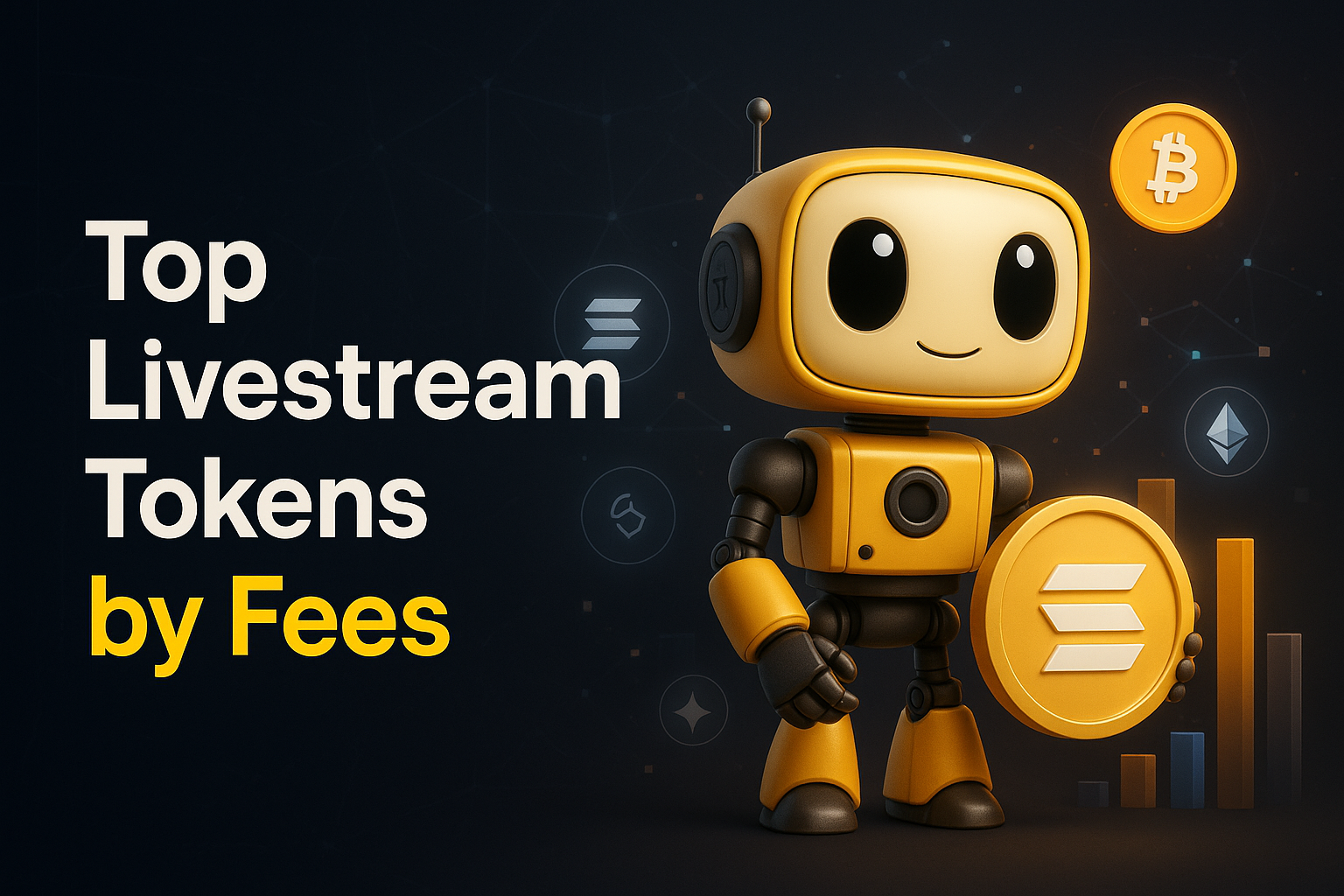
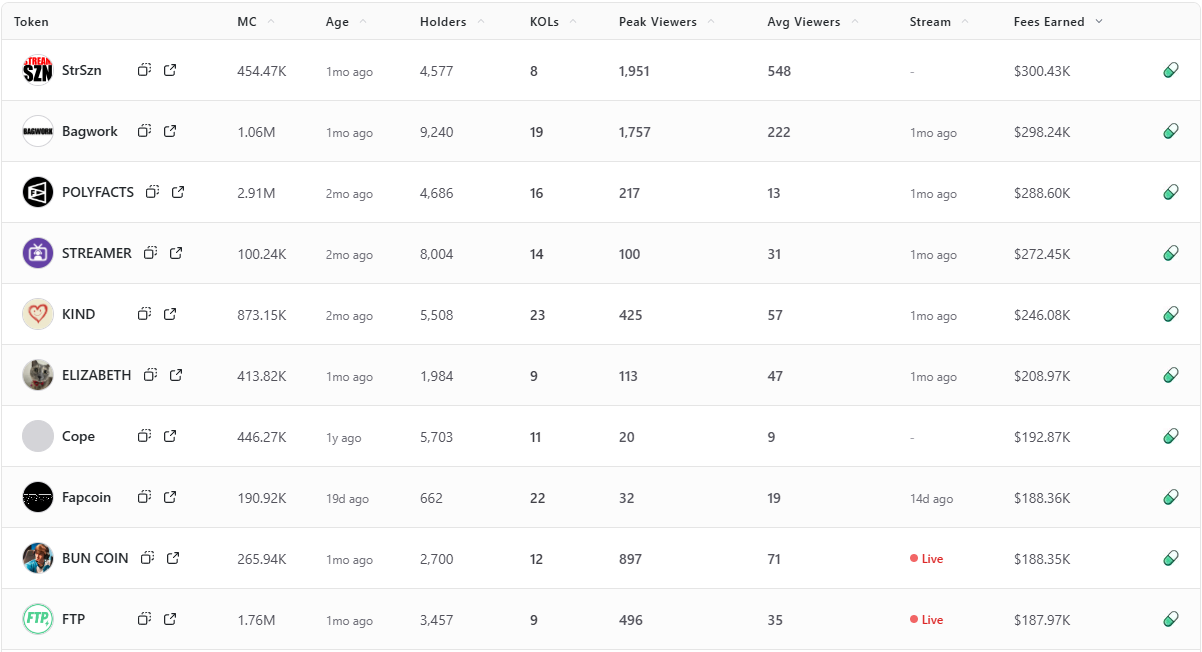
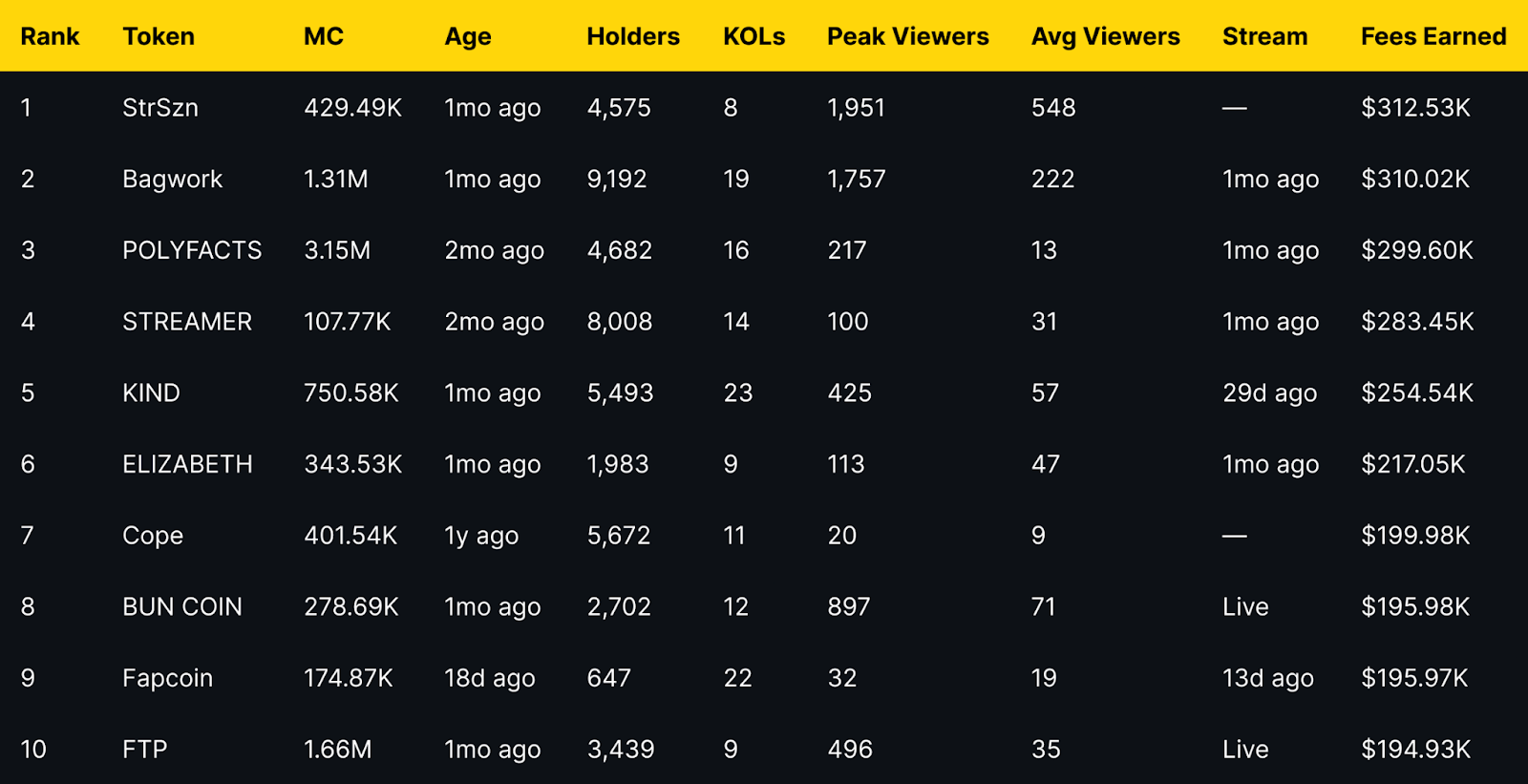
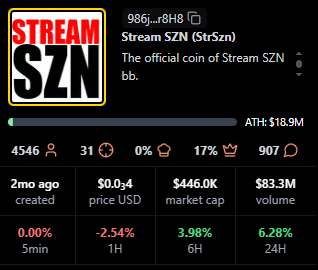

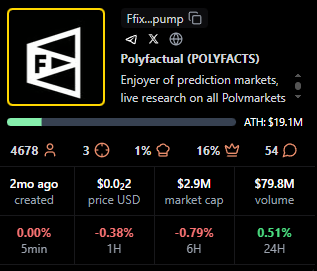


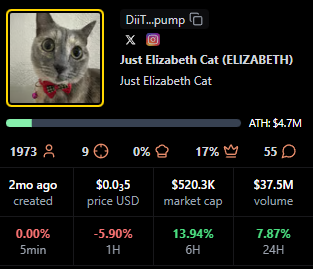
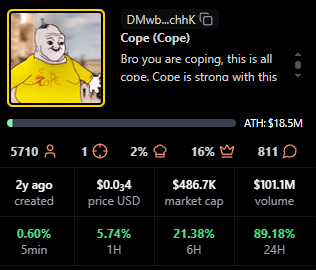
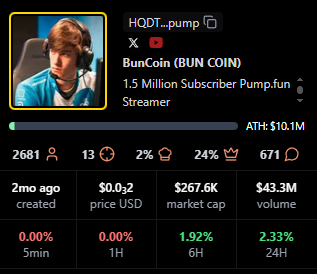

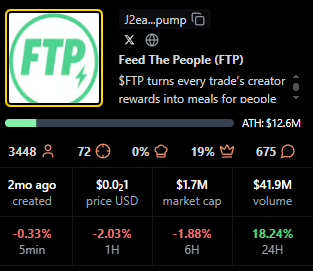
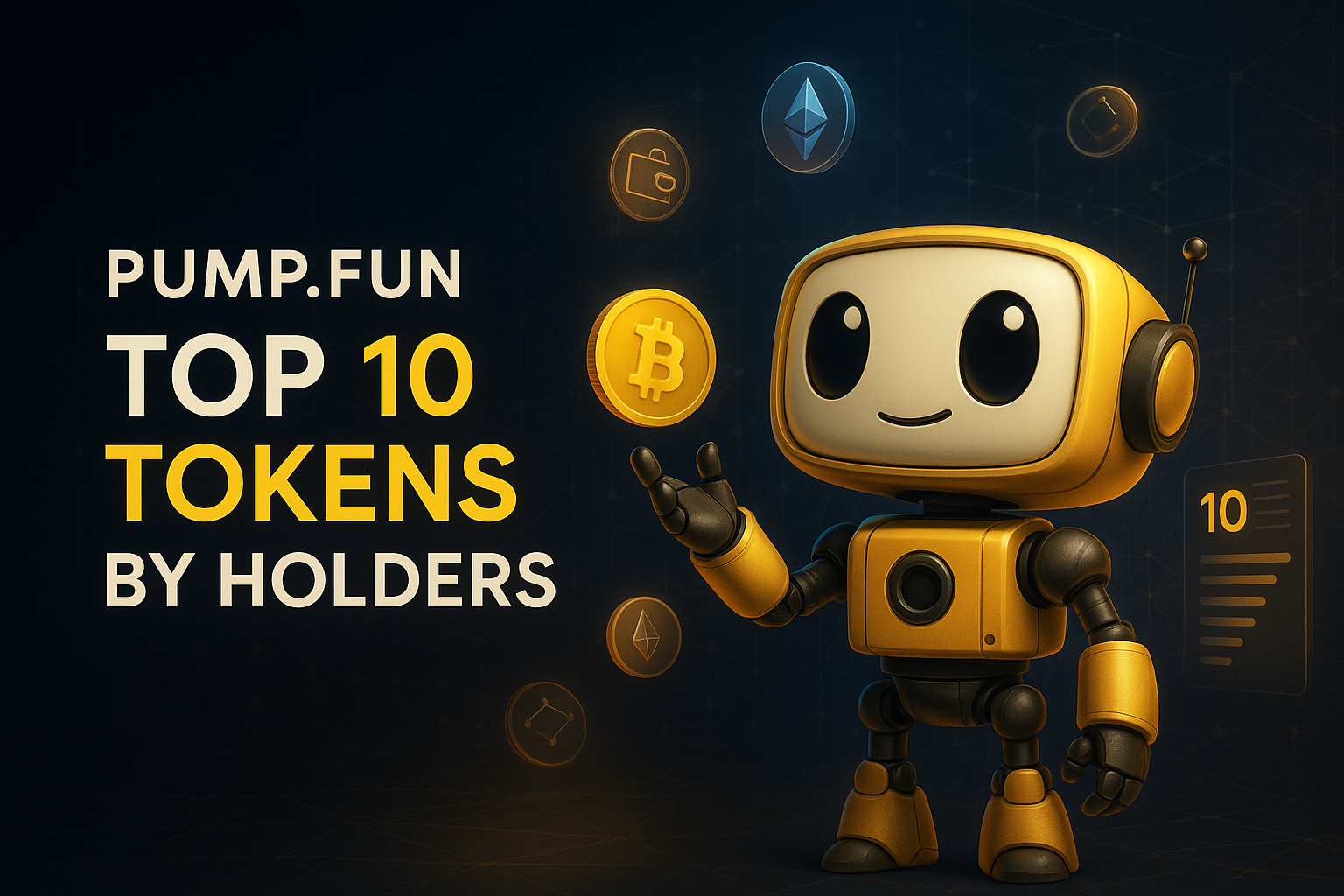
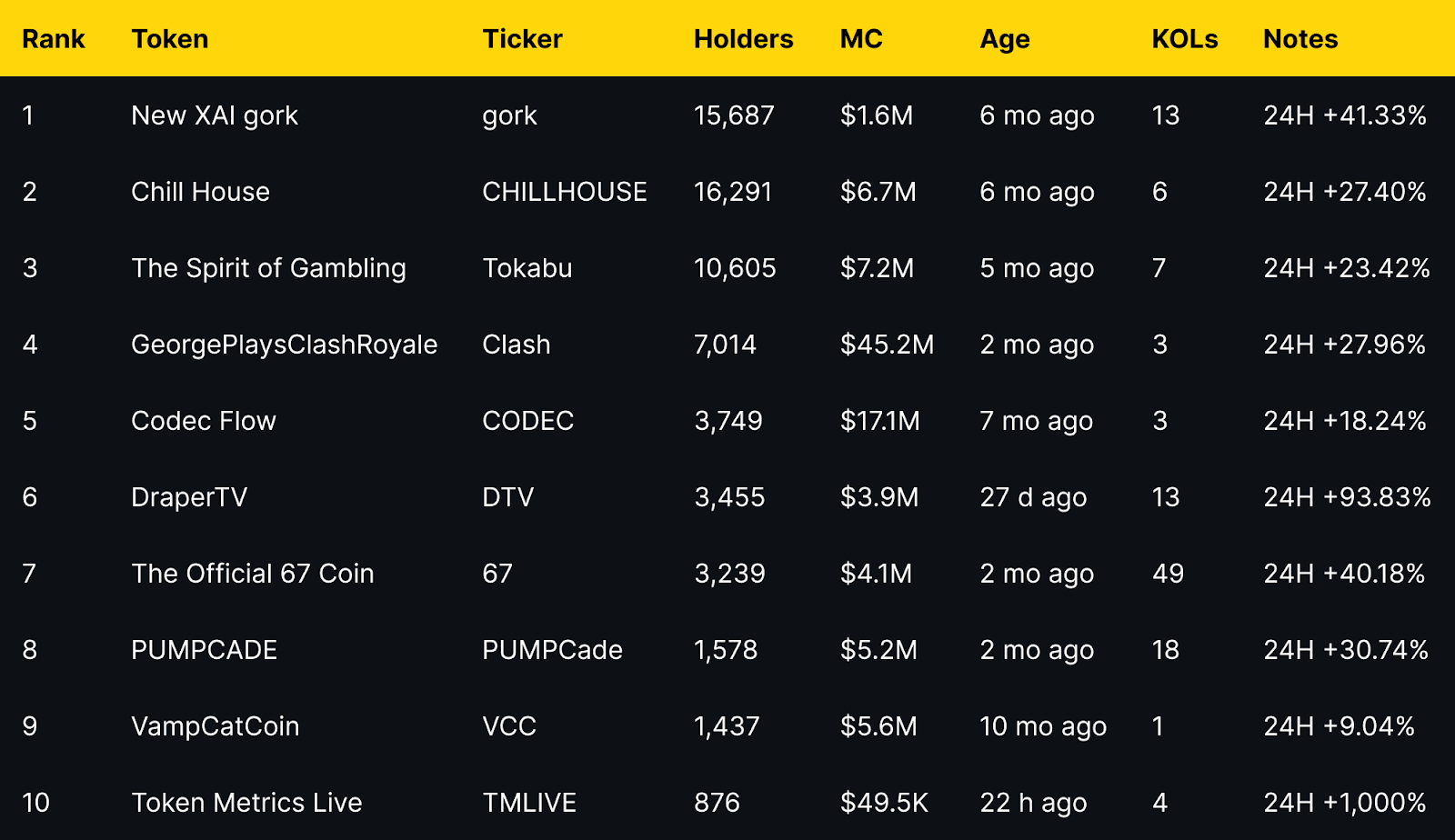
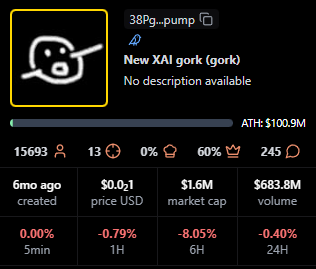
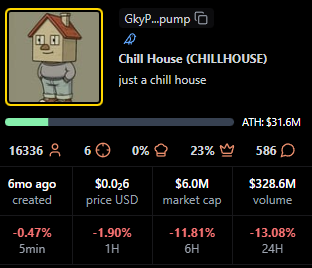
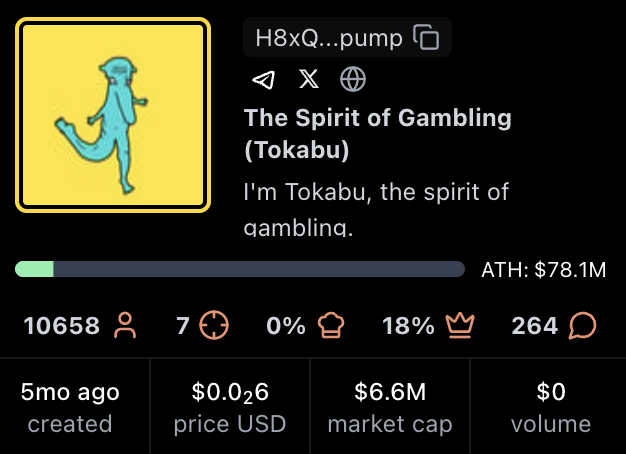

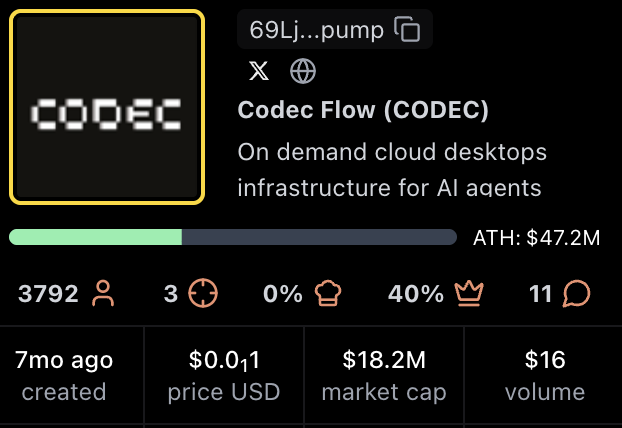
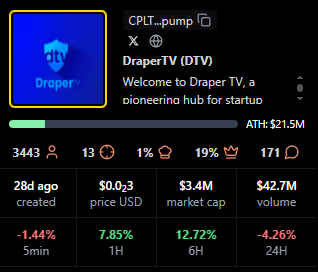


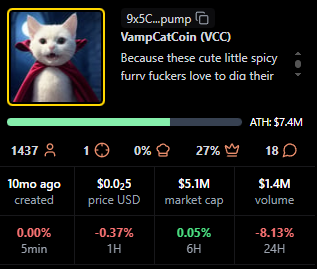
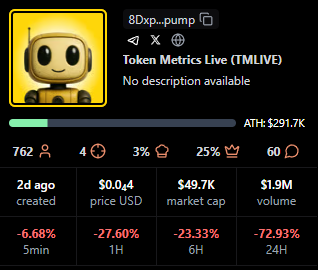
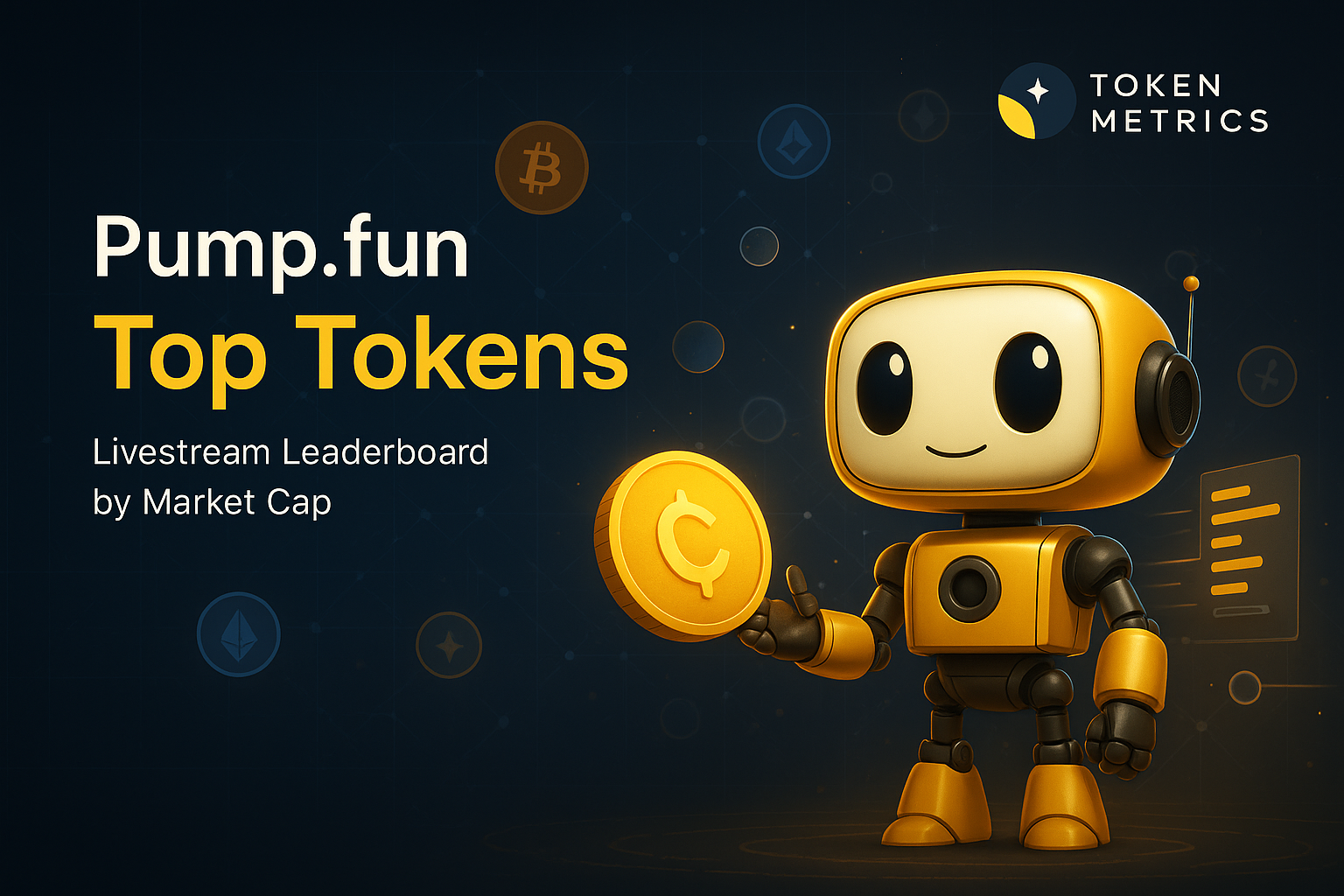
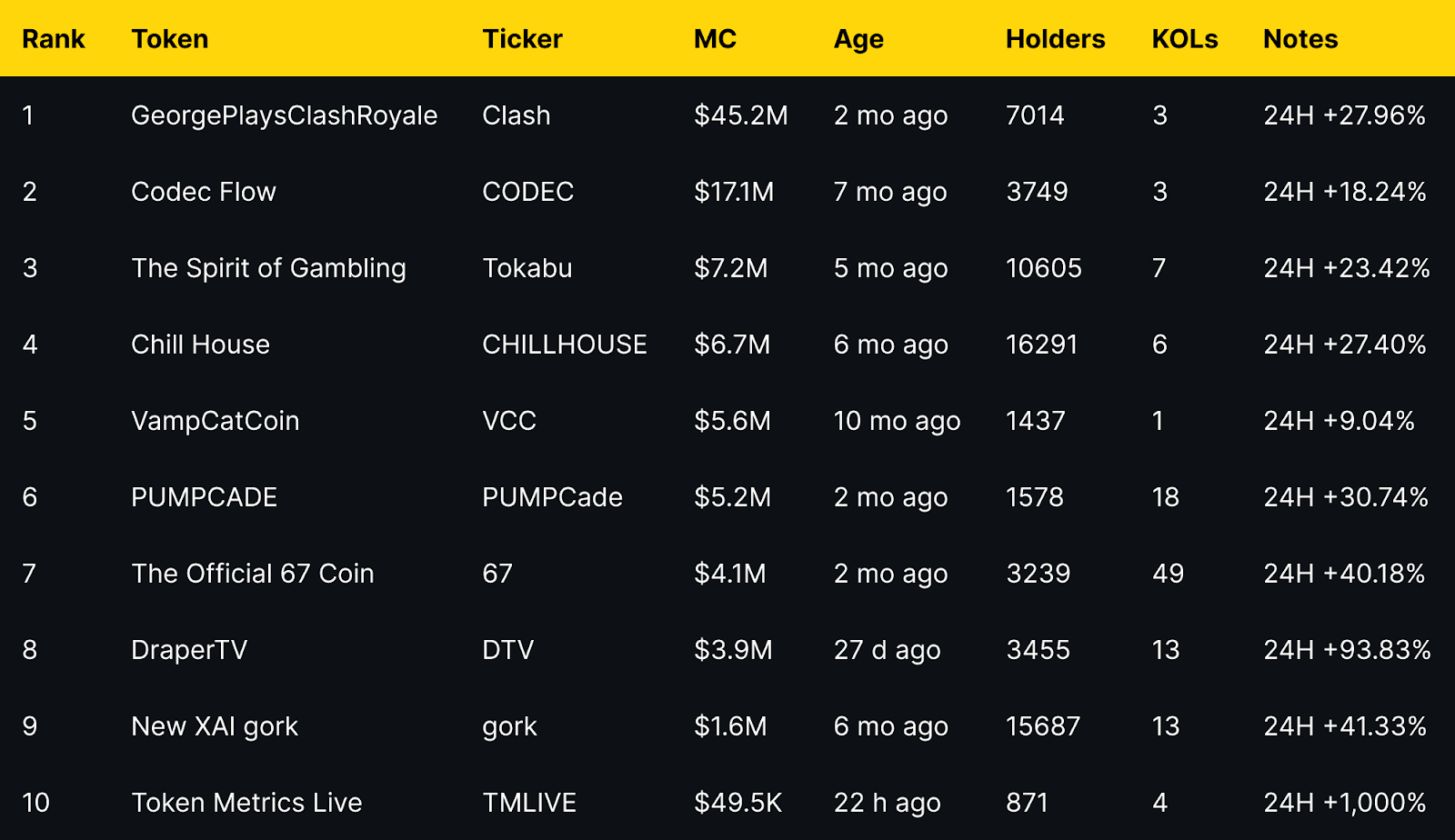



.svg)




.png)